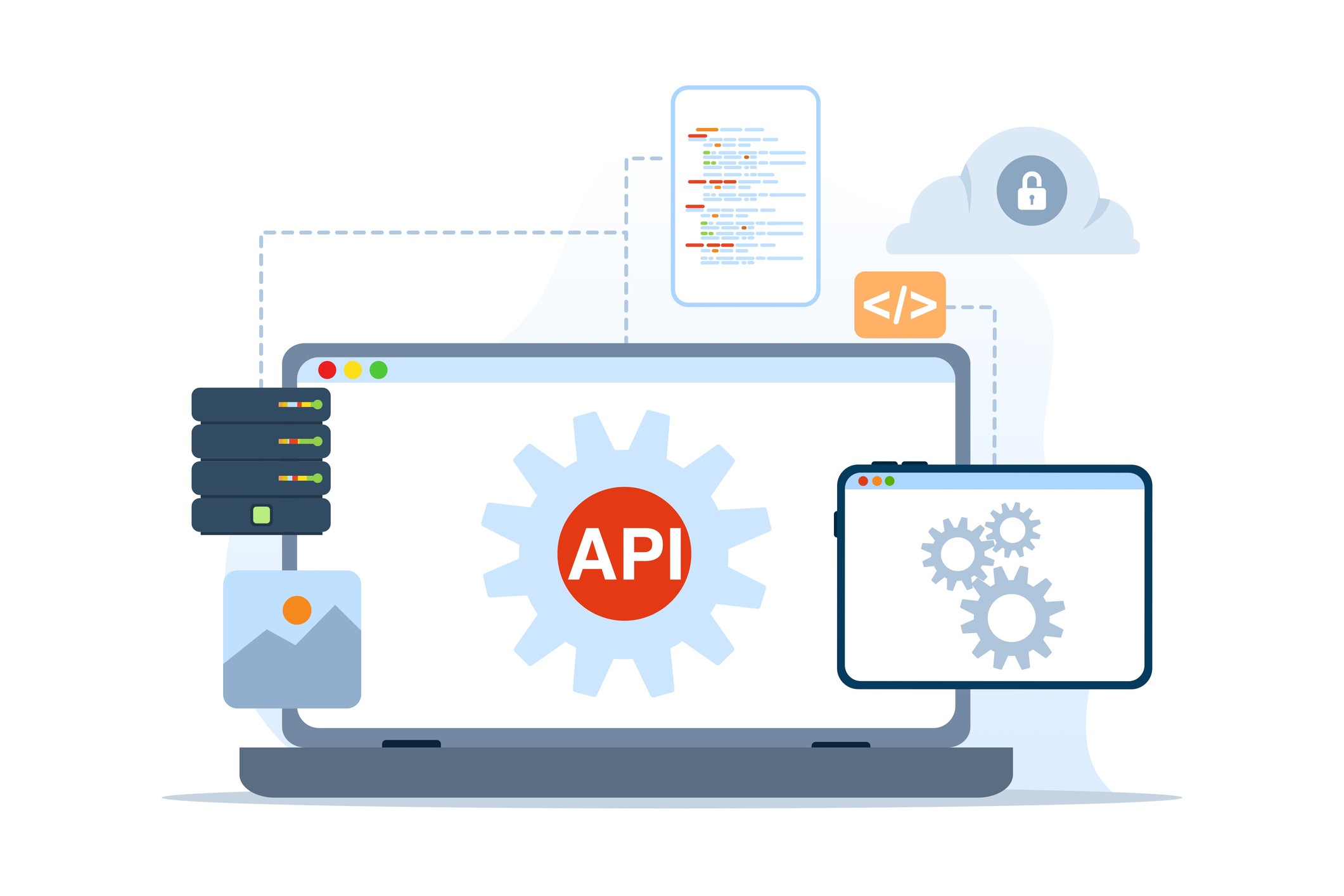When it comes to building a website, web hosting is an essential component that enables your site to be accessible on the internet. Simply put, web hosting is a service that allows you to store your website files and data on a server, which is then accessed by internet users when they visit your site.
Choosing the right web hosting provider is crucial for ensuring the success of your website. The right provider will not only guarantee that your website is available online 24/7, but it will also ensure that it is fast, secure, and reliable. On the other hand, selecting the wrong web hosting provider can lead to slow loading times, downtime, and security issues.
Types of Web Hosting
When it comes to web hosting, there are several types of hosting services available, each with its own set of benefits and drawbacks. Below are the three most common types of web hosting:
Shared Hosting
Shared Hosting is the most common type of hosting, and is typically used by individuals and small businesses. In a shared hosting environment, multiple websites share the resources of a single server, including CPU, memory, and disk space. This means that the performance of your website can be affected by the other sites on the same server.
Shared hosting is generally the most affordable type of hosting, but it can also be the least reliable.
- Pros:
- Affordable
- Easy to set up and use
- Good for small, low-traffic websites
- Cons:
- Performance can be affected by other sites on the same server
- Limited resources and scalability
- Limited control over server configurations
- Recommended for:
- Personal blogs
- Small business websites
- Websites with low traffic volume
VPS Hosting
VPS Hosting is a step up from shared hosting, and offers more resources and flexibility. In a VPS environment, a single physical server is divided into multiple virtual servers, each with its own set of resources and operating system. This allows for more control and customization, as well as better performance and reliability.
- Pros:
- More control and customization
- Better performance and reliability
- Scalability and flexibility
- Cons:
- More expensive than shared hosting
- Requires some technical knowledge
- Resource allocation can still be affected by other VPS instances on the same physical server
- Recommended for:
- Small to medium-sized businesses
- Websites with moderate traffic volume
- E-commerce sites
Dedicated Cloud Hosting
Dedicated Cloud Hosting is the most powerful and flexible type of hosting, and is typically used by large businesses and organizations. In a dedicated cloud hosting environment, you have access to an entire physical server, which is dedicated solely to your website(s). This allows for maximum performance, security, and customization.
- Pros:
- Maximum performance and reliability
- Full control and customization
- Scalability and flexibility
- Cons:
- Most expensive type of hosting
- Requires technical knowledge and management
- Overkill for small websites
- Recommended for:
- Large businesses and organizations
- Websites with high traffic volume
- Websites with complex applications or custom software
Key Factors to Consider When Choosing a Web Hosting Provider
Choosing the right web hosting provider can be a daunting task, with so many options available in the market. However, there are several key factors you should consider before making your final decision. Here are the most important factors to keep in mind:
- Server Uptime and Reliability
The server uptime and reliability of your web hosting provider is crucial for ensuring that your website is always accessible to your visitors. A good web hosting provider will have a high uptime guarantee of at least 99.9%, which means that your site will be up and running most of the time. In addition, make sure to check the provider's reputation for reliability and uptime, and look for any reported issues or downtimes. - Technical Support
Technical support is an essential factor to consider when choosing a web hosting provider. You need to be able to get support quickly and efficiently in case you encounter any technical issues or problems with your website. Make sure to choose a provider that offers 24/7 technical support via phone, email, or live chat, and check the quality and responsiveness of their support team. - Pricing and Payment Options
Pricing is a major consideration when choosing a web hosting provider, and you need to ensure that you are getting good value for your money. Look for providers that offer transparent pricing with no hidden fees, and check if they offer any discounts or promotions. In addition, make sure to check the payment options available, such as monthly or yearly plans, and whether they offer a money-back guarantee. - Scalability and Upgradability
Scalability and upgradability are important considerations if you expect your website to grow over time. Make sure to choose a provider that can accommodate your future needs, such as increased traffic volume or more resources. Look for providers that offer easy scaling and upgradability options, such as adding more resources or upgrading to a higher plan. - Security and Backups
Security is crucial for protecting your website and your users' data from cyber threats and attacks. Make sure to choose a provider that offers robust security measures, such as SSL certificates, firewalls, and malware scanning. In addition, check if they offer regular backups of your website data, and how frequently they perform these backups. - Control Panel and Ease of Use
The control panel and ease of use of your web hosting provider can greatly affect your experience in managing your website. Look for providers that offer user-friendly control panels, such as cPanel or Siteworx, and check the ease of use of their interface. In addition, make sure to check if they offer any website building tools or one-click installs for popular platforms like WordPress. - Customer Reviews and Feedback
Customer reviews and feedback can provide valuable insights into the quality and reliability of a web hosting provider. Check online reviews and forums to see what other customers are saying about their experience with the provider, and look for any recurring issues or complaints. - Additional Features and Add-ons
Finally, consider any additional features and add-ons that the provider offers, such as email hosting, domain registration, or website optimization tools. Look for providers that offer a good range of features and add-ons that can enhance your website's functionality and performance.
Expert Tips for Choosing the Right Web Hosting Provider
Choosing the right web hosting provider is essential for the success of your website. To help you make the best decision, here are some expert tips to keep in mind:
- Research and Compare Different Providers
Before committing to a web hosting provider, it's important to do your research and compare different options. Look for providers that offer the features and resources you need, and check their reputation for reliability and customer support. You can use online comparison tools and reviews to help you narrow down your choices. - Don't Focus Solely on Price
While price is an important factor to consider when choosing a web hosting provider, it shouldn't be the sole deciding factor. A low price may come at the cost of poor performance, reliability, or support. Consider the value you are getting for your money, and choose a provider that offers the best overall package for your needs. - Consider Your Specific Needs and Requirements
Every website has unique needs and requirements, so it's important to choose a web hosting provider that can accommodate them. Consider factors such as your website's traffic volume, resource usage, and software requirements, and choose a provider that can meet these needs. - Check for Flexibility and Customizability
As your website grows and evolves, your hosting needs may change as well. Make sure to choose a provider that offers flexibility and customizability in terms of resources, plans, and add-ons. This will allow you to adjust your hosting as needed without having to switch providers. - Look for a Provider with Good Technical Support
Technical support is crucial for ensuring that your website runs smoothly and efficiently. Look for a provider that offers 24/7 support via phone, email, or live chat, and check the quality and responsiveness of their support team. A good provider should be able to resolve any technical issues quickly and efficiently. - Read Reviews and Ask for Recommendations
Finally, it's important to read reviews and ask for recommendations from other website owners and professionals in your industry. This can provide valuable insights into the quality and reliability of different web hosting providers. Look for providers that have a good reputation and positive feedback from their customers.
Choosing the right web hosting provider is a critical decision that can impact the success and performance of your website.
Shared hosting is ideal for small websites with low traffic, VPS hosting offers greater flexibility and control for growing websites, and dedicated cloud hosting provides the highest level of performance and customization for large-scale projects.
When selecting a web hosting provider, it's essential to consider factors such as server uptime and reliability, technical support, pricing and payment options, scalability and upgradability, security and backups, control panel and ease of use, customer reviews and feedback, and additional features and add-ons.
Choosing the right web hosting provider is a crucial decision that requires careful consideration and research. By keeping these key takeaways in mind and following our recommendations and advice, you can make an informed decision and ensure that your website has the best possible hosting solution to support its growth and success.




